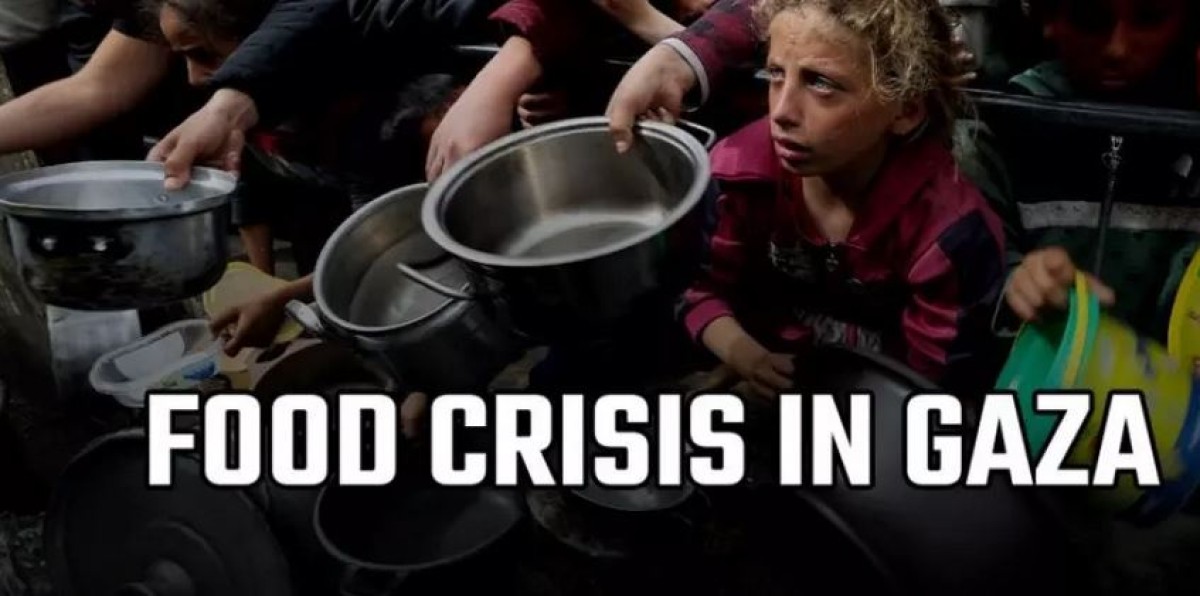 247
247
UN Agencies Report: Gaza Faces Worst Food Shortage in the World
UN Agencies Report: Gaza Faces Worst Food Shortage in the World
A new joint report by five United Nations organizations has revealed that the Gaza Strip, under siege and restricted from receiving food aid by the Israeli military, is currently experiencing the worst food shortage globally. The report, titled "World Food and Nutrition Security 2024," presents a grim overview of hunger and food security issues worldwide.
The comprehensive report was collaboratively prepared by the United Nations Food and Agriculture Organization (FAO), the World Food Program (WFP), the International Fund for Agricultural Development (IFAD), the United Nations Children's Fund (UNICEF), and the World Health Organization (WHO). It highlights the severe humanitarian crisis in Gaza, where the blockade has led to unprecedented levels of food insecurity.
According to the report, the entire population of Gaza, with 80 percent now internally displaced due to conflict and home destruction, is suffering from acute food shortages. This crisis is attributed primarily to the ongoing siege imposed by Israel, which has severely limited the entry of food and other essential supplies.
Children in Gaza are particularly affected, struggling to obtain even basic rations. The report notes that in 2023, more than 705,000 people across Burkina Faso, Mali, Somalia, South Sudan, and the Gaza Strip faced "epidemic levels" of severe food shortages. Remarkably, 576,000 of these individuals were from Gaza alone.
The situation in Gaza is described as "the worst food insecurity situation" globally. By the end of 2023, all 2.2 million residents of Gaza were classified as being in the third phase or higher of a critical food security situation, according to the report's metrics.
The blockade's impact extends beyond food shortages, contributing to broader humanitarian crises. Medical supplies, fuel, and other essential goods are also restricted, exacerbating the suffering of Gaza's residents. International calls for lifting the blockade and allowing humanitarian aid to flow freely into Gaza have intensified, but the situation remains dire.
The report calls for urgent international intervention to address the severe food insecurity in Gaza. It emphasizes the need for immediate action to ensure the entry of food and essential supplies, protect civilian lives, and stabilize the region's humanitarian conditions.
In response to the report, several international organizations and governments have urged for increased humanitarian aid and a reassessment of policies contributing to the blockade. The hope is that through coordinated global efforts, the dire situation in Gaza can be alleviated, providing relief to its beleaguered population and paving the way for longer-term solutions to the ongoing crisis.
 247
247
Comment
Post a comment for this article